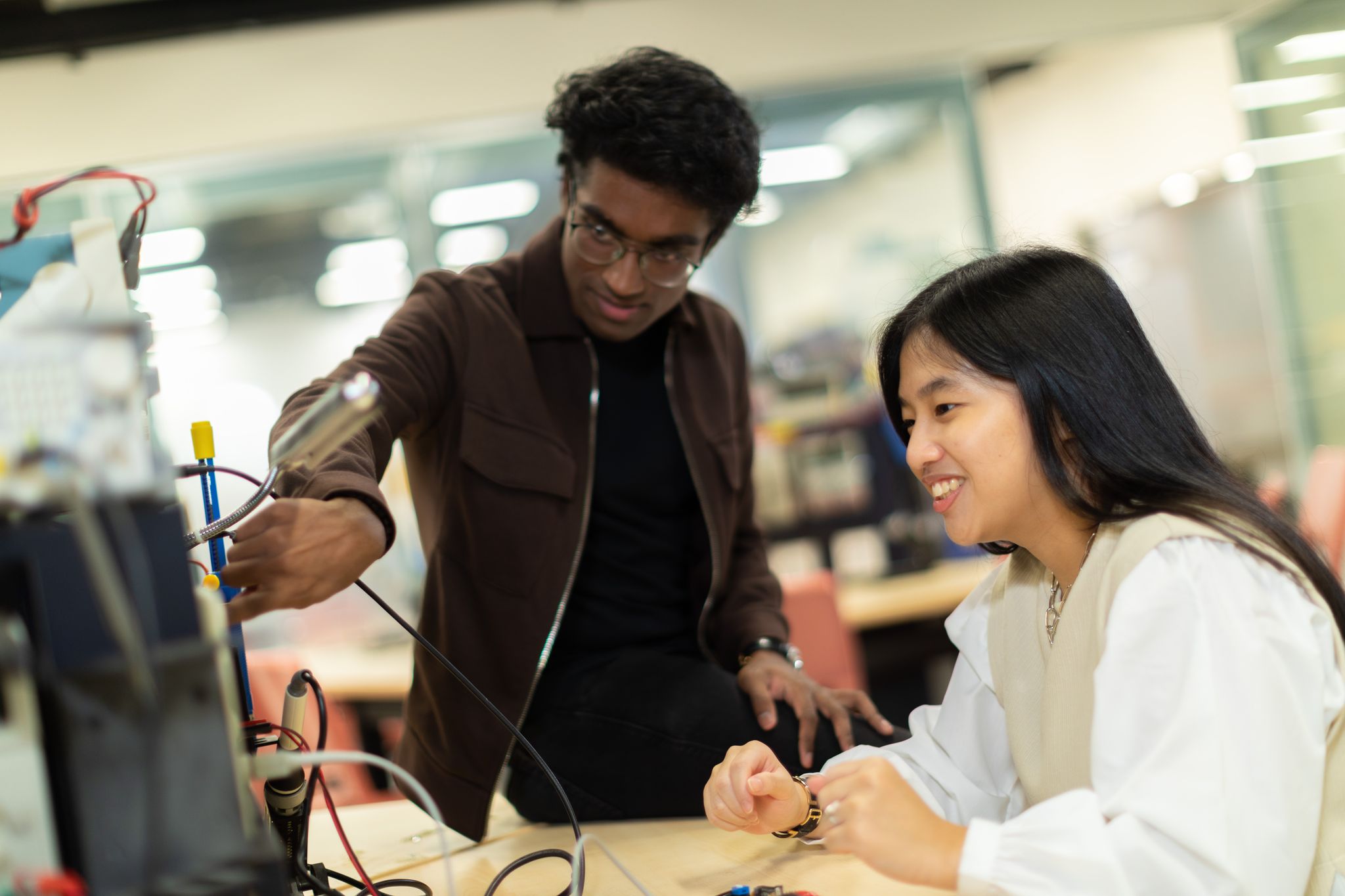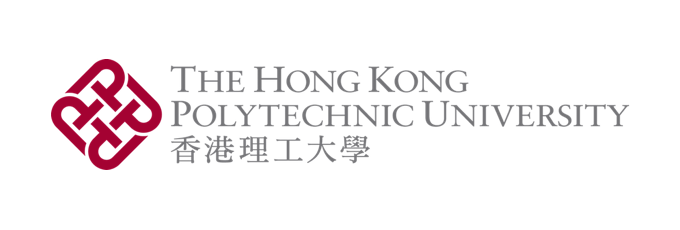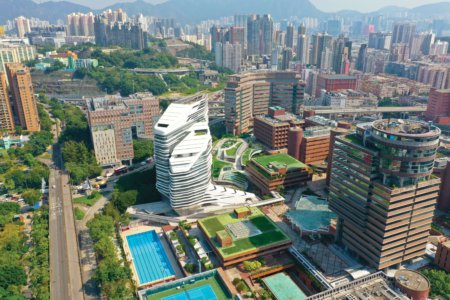Ensuring students succeed begins with guaranteeing they are confident of their academic decisions — a fact proven by the stories of triumph celebrated at The Hong Kong Polytechnic University (PolyU) every day. Here, learners explore every facet of their existing aspiration before deciding if they are on the right track.
While most gain the clarification they needed, others discover new passions in an environment that is structured in every sense of the word, yet certainly not rigid. They have their university’s unique and fresh departmental scheme-based admissions (instead of programme-based admission) to thank — an initiative that exemplifies PolyU’s vision of “Opening Minds – Shaping the Future.”
From now on, upon enrolling at the university, students will only need to undertake common courses from their chosen department in their first academic year. The process of selecting a major will only begin in their second year. Thus, they will have ample time to determine optimum suitability. Recently, PolyU announced that starting from the 2022-23 academic year, the new arrangement will be applied to all programmes (except for some specialised programmes such as Bachelor of Science (Honours) in Nursing).
Two new requirements have been sparking interest: Artificial Intelligence and Data Analysis (AIDA) and Innovation and Entrepreneurship (IE). Both will be incorporated into the General University Requirement (GUR) from the next academic year as mandatory components, meaning all undergraduate students must complete at least two credits of the AIDA courses and at least one credit of the IE courses within their four-year study period to graduate.
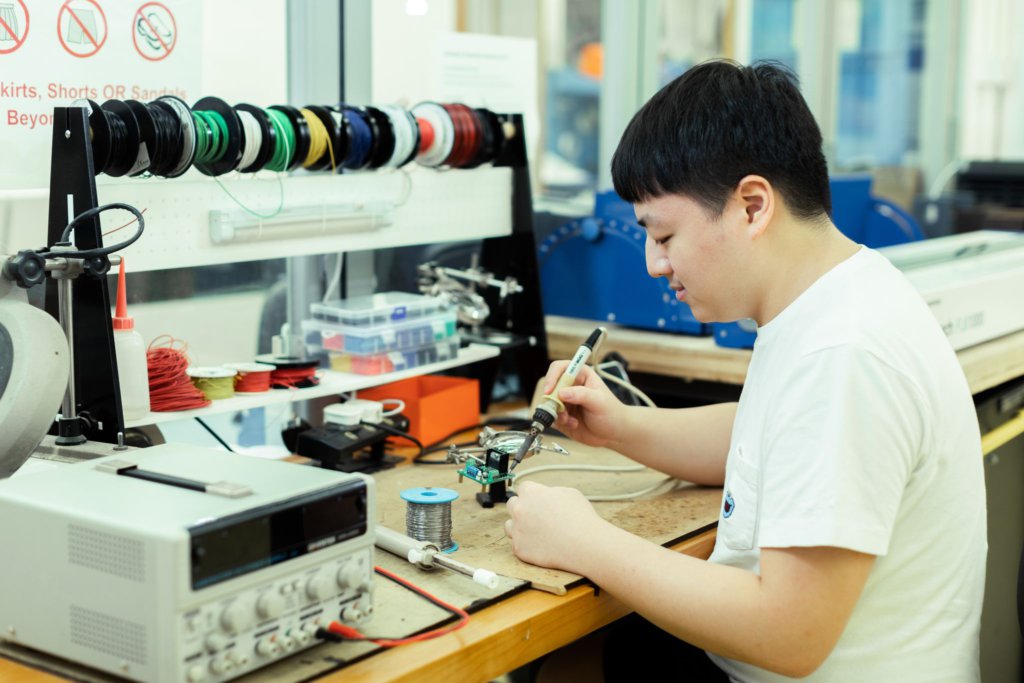
PolyU believes future-focused competencies will prepare students to thrive in Hong Kong, the Greater Bay Area and beyond. Source: The Hong Kong Polytechnic University
The news is especially welcome to future-focused learners with their hearts set on thriving in a world that is only becoming more digitised. Pairing technical finesse with an entrepreneurial spirit and the crucial skills of creativity and problem-solving, PolyU believes this structure will prepare students to thrive in Hong Kong, the Greater Bay Area and beyond — especially in light of the Fourth Industrial Revolution bringing fundamental changes in the world of work.
“University education aims to nurture future-ready leaders for society. We hope PolyU graduates will not only gain solid academic knowledge but also have the diverse strengths that are essential for the future development of society,” affirms PolyU’s Vice President of Education, Professor Kwok-yin Wong.
“Therefore, PolyU is keen to promote a series of strategies to enhance the undergraduate curriculum in this respect, to be fully implemented in the next academic year. I believe these initiatives will help students acquire vital interdisciplinary knowledge, and also equip them with creative thinking to cope with the rapid changes in our world.”
Preparation continues in Year 2 for students keen on learning more. Both AIDA and IE can be further explored as a Secondary Major option. AIDA’s curriculum encircles mathematics, programming, data structures, algorithms, data analytics, machine learning, and a suite of bridging subjects before culminating in an integrated capstone project. Meanwhile, IE’s curriculum focuses on management, organisation, creativity, innovation and entrepreneurship. Hands-on knowledge is gained through a Business Innovation Project, a 12-week Company Attachment, a GBA Summer Immersion or Field Study for Innovation Ecosystems, and an Innovation and Entrepreneurship Colloquium.
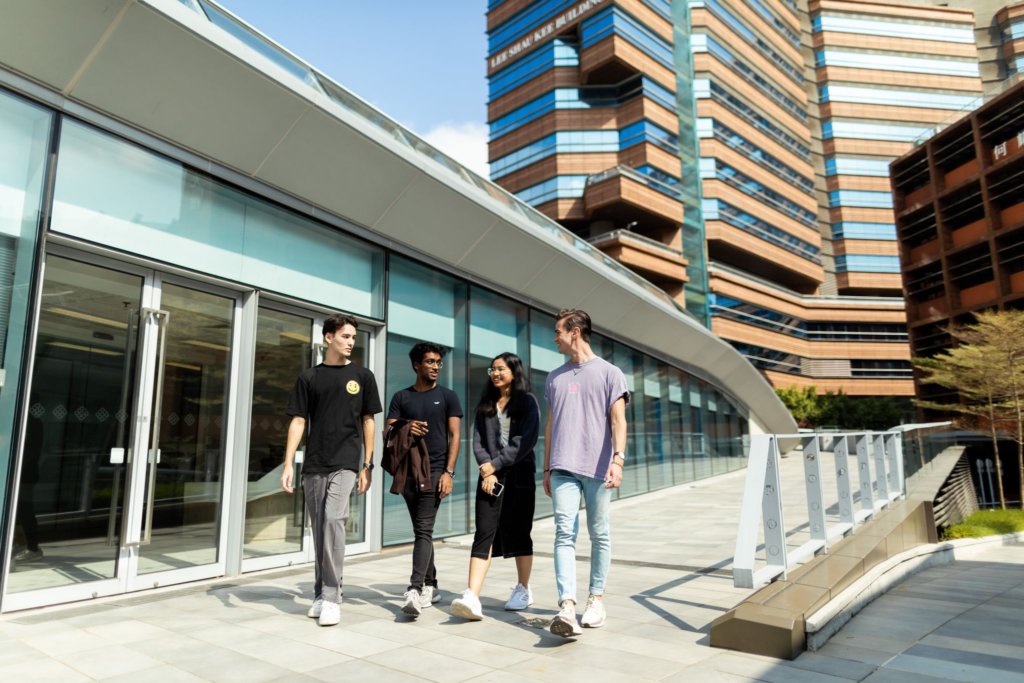
Undergraduate researchers with the right proposal could receive funding ranging from 50,000 to 100,000 Hong Kong dollars. Source: The Hong Kong Polytechnic University
For those more interested in discovering instead of innovating, PolyU offers the Undergraduate Research and Innovation Scheme (URIS), which provides funding for scientific research projects. This initiative was developed to encourage more undergraduates to find the answers to their burning questions in state-of-the-art laboratories.
To do so, students can submit applications as individuals or in groups. If their project is approved, they will receive funding ranging from 50,000 to 100,000 Hong Kong dollars. Since its launch in 2021, the scheme has approved over 110 projects and five million in funding — covering various research fields such as applied mathematics, electrical engineering and more.
Of course, expert guidance is provided throughout, as is auto admission to the College of Undergraduate Researchers and Innovators (CURI); priority allocation at the university’s new Residential College in the Homantin Student Halls of Residence; and unlimited access to seminars and sharing sessions with esteemed resident researchers.
“Through the scheme, we hope to strengthen students’ curiosity in academic research and nurture the next generation of researchers,” says Professor Daniel Shek, Associate Vice President (Undergraduate Programme). “We are pleased to see students demonstrate interest and enthusiasm in scientific research, and we hope they can learn from the experience and acquire knowledge to lay a solid foundation for their future career in research.”
Click here to discover how else PolyU prepares its students to meet societal needs.
Follow The Hong Kong Polytechnic University on Facebook, Twitter, YouTube, Weibo and Instagram or to find out more, visit the website directly here.

